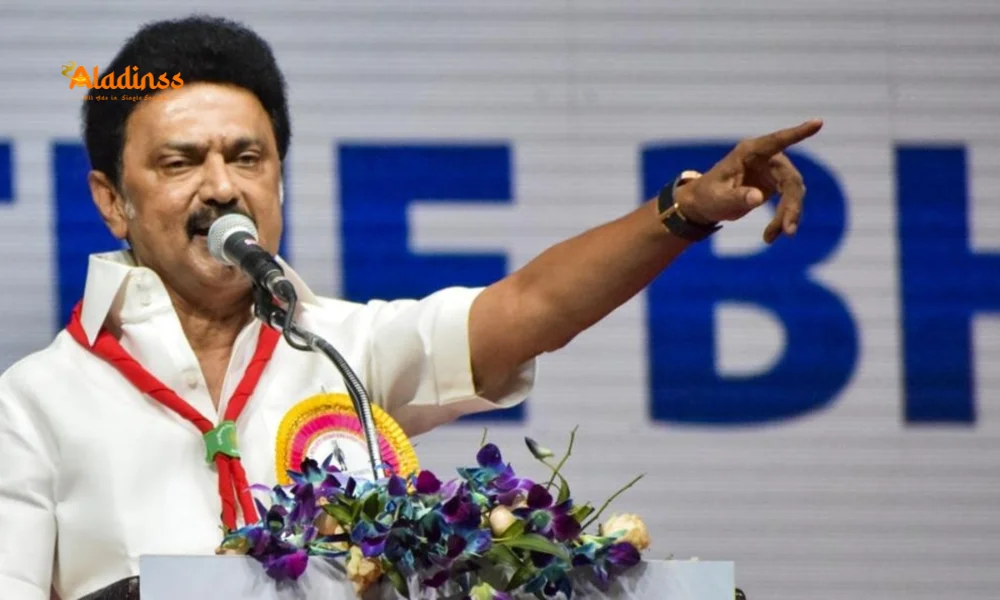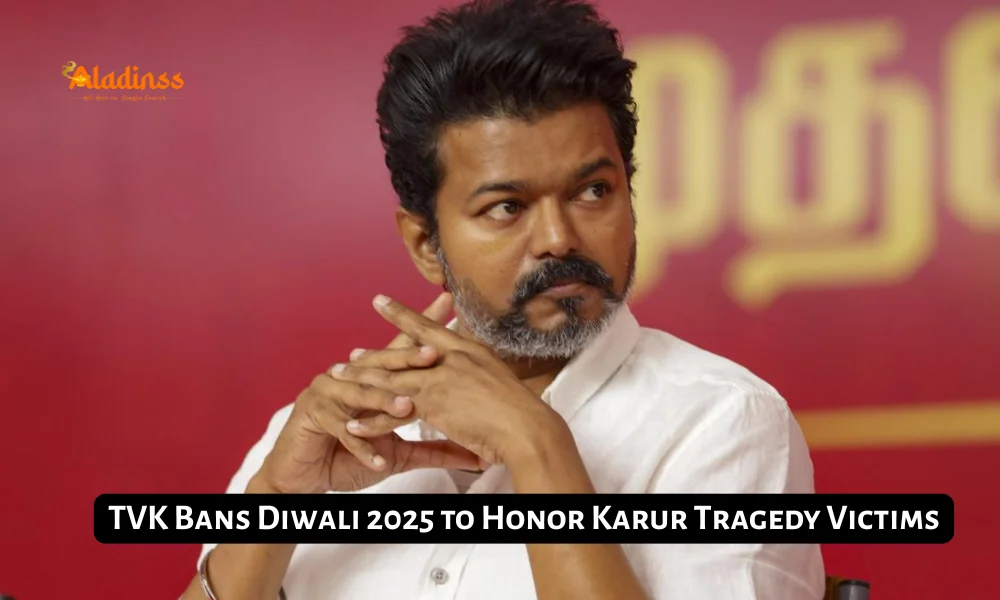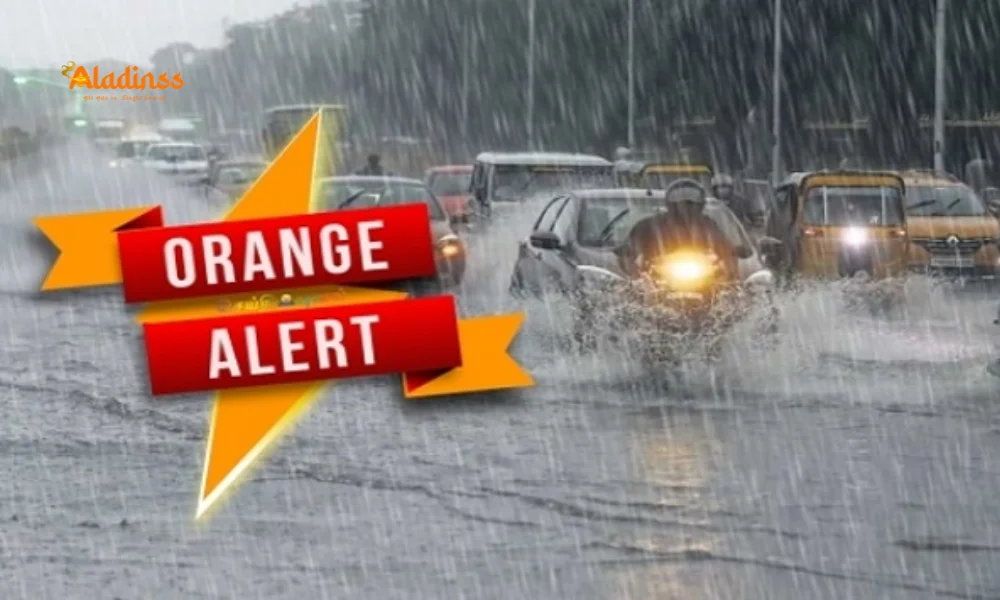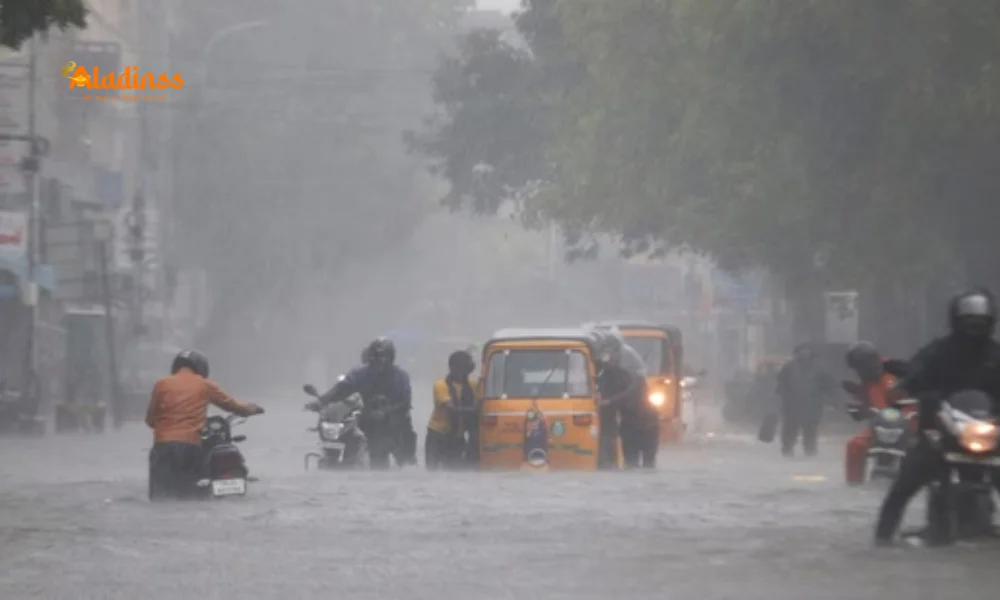Baba Vanga’s 2025 Predictions: War, Crisis, and Disasters
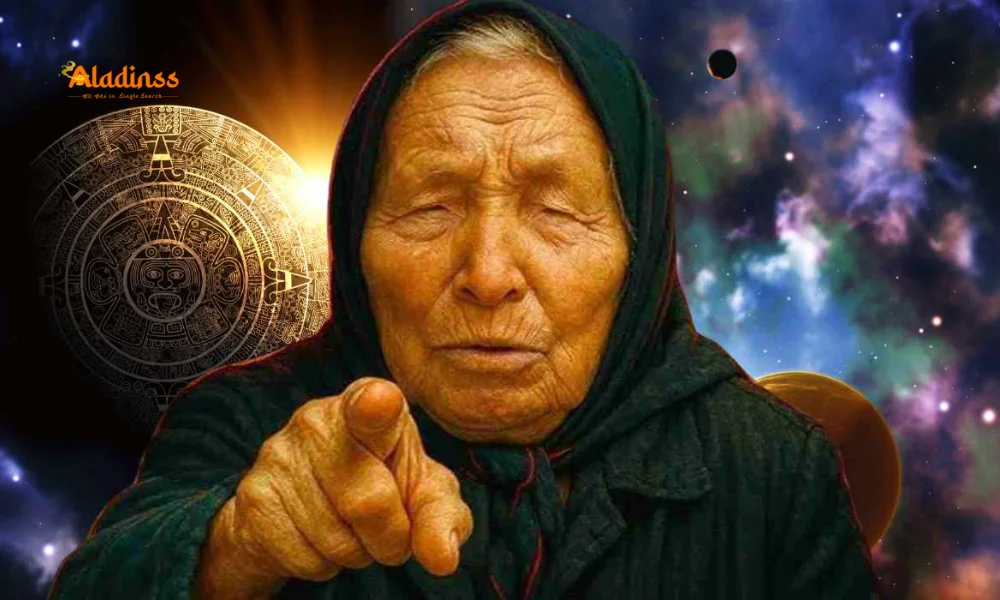
Baba Vanga’s 2025 Predictions: War, Economic Crisis, and Natural Disasters Spark Global Fear
Baba Vanga, the blind Bulgarian mystic often dubbed the "Nostradamus of the Balkans," has long captivated the world with her chilling prophecies. Known for allegedly predicting major global events such as the 9/11 attacks, the Chernobyl disaster, and the death of Princess Diana, her forecasts for 2025 have resurfaced, igniting widespread fear and debate. From a devastating war in Europe to a global economic downturn and catastrophic natural disasters, Vanga’s predictions paint a grim picture of the year ahead. As 2025 unfolds, with reports of floods, economic instability, and rising geopolitical tensions, many are questioning whether her visions are coming true, fueling anxiety across the globe.
Who Was Baba Vanga?
Born Vangeliya Pandeva Gushterova in 1911 in Strumica, then part of the Ottoman Empire, Baba Vanga lost her sight at age 12 after a severe storm. According to accounts, this traumatic event marked the onset of her alleged clairvoyant abilities. Despite her illiteracy, Vanga’s predictions were documented by those around her, gaining prominence during World War II when she reportedly advised figures like Bulgarian Tsar Boris III. Her forecasts, often cryptic and shared through oral accounts, have been credited with an estimated 85% accuracy rate, though skeptics argue that their vagueness allows for retrospective interpretation. Vanga passed away in 1996, but her predictions, extending as far as 5079, continue to captivate millions, particularly in Eastern Europe and Russia.
Vanga’s prophecies cover a wide range of topics, from geopolitical upheavals to natural calamities and scientific breakthroughs. Her 2025 predictions, in particular, have drawn significant attention due to their alignment with current global events, including economic challenges, environmental crises, and escalating conflicts. While some view her as a prophetic visionary, others dismiss her predictions as speculative folklore, amplified by confirmation bias. Regardless, the resurgence of her 2025 forecasts has sparked intense online discussions, with social media platforms buzzing with fear and fascination.
Prediction of a Major European Conflict
One of Baba Vanga’s most alarming predictions for 2025 is the outbreak of a major conflict in Europe, which she claimed would severely impact the continent’s population. According to reports, Vanga foresaw a war that could escalate into a global crisis, potentially marking the beginning of what she described as the “downfall of humanity.” This prophecy aligns with ongoing geopolitical tensions, particularly the Russia-Ukraine conflict, which has drawn in major world powers and raised fears of broader escalation. The possibility of a nuclear confrontation, as hinted in some interpretations of her predictions, has further amplified public anxiety.
The current situation in Europe, with heightened military activities and strained diplomatic relations, lends a chilling plausibility to Vanga’s forecast. For instance, posts on X have highlighted fears of a “Third World War” in 2025, with some users linking her predictions to the ongoing war in Ukraine and rising tensions in Eastern Europe. While no definitive evidence confirms a direct correlation, the alignment of her prophecy with real-world events has fueled speculation and concern among believers and skeptics alike.
Global Economic Crisis Foretold
Vanga’s prediction of a major economic downturn in 2025 has struck a chord amid rising global financial instability. She reportedly warned of a severe economic crisis that would lead to mass unemployment and financial chaos, a prophecy that resonates with current economic challenges. In 2024, several countries faced rampant inflation, high interest rates, and supply chain disruptions, with the US narrowly avoiding a recession. These conditions, coupled with trade wars and geopolitical tensions, have heightened fears that Vanga’s forecast of a global economic collapse could materialize.
In India, economic concerns are particularly acute, with reports of increasing costs and market volatility. The interconnected nature of the global economy means that a downturn in one major economy could trigger widespread repercussions, validating Vanga’s warning of “anarchy on a global scale.” As nations adopt protectionist policies and markets fluctuate, the specter of an economic catastrophe looms large, prompting discussions about whether 2025 will indeed be a year of financial turmoil.
Natural Disasters and Environmental Warnings
Baba Vanga’s predictions for 2025 also include catastrophic natural disasters, with a specific emphasis on “shattering earthquakes” and volcanic eruptions. She reportedly warned of intense seismic activity, particularly along the west coast of the United States, and devastating floods worldwide. These forecasts have gained traction following a series of natural calamities in 2025, including a 7.7-magnitude earthquake in Myanmar that claimed over 1,700 lives and an 8.8-magnitude quake off Russia’s Kamchatka Peninsula, which triggered tsunami waves across Japan and Russia. In India, heavy rains and cloudbursts have caused widespread devastation, from Jammu and Kashmir to Kerala, with dozens of fatalities reported.
These events have intensified fears that Vanga’s predictions are unfolding. Her warnings of environmental disasters linked to climate change, including droughts and wildfires, align with global trends of record-breaking heatwaves and extreme weather. The convergence of these events with her prophecies has led to speculation about whether they are mere coincidences or part of an irreversible chain of calamities, prompting renewed interest in her foresight.
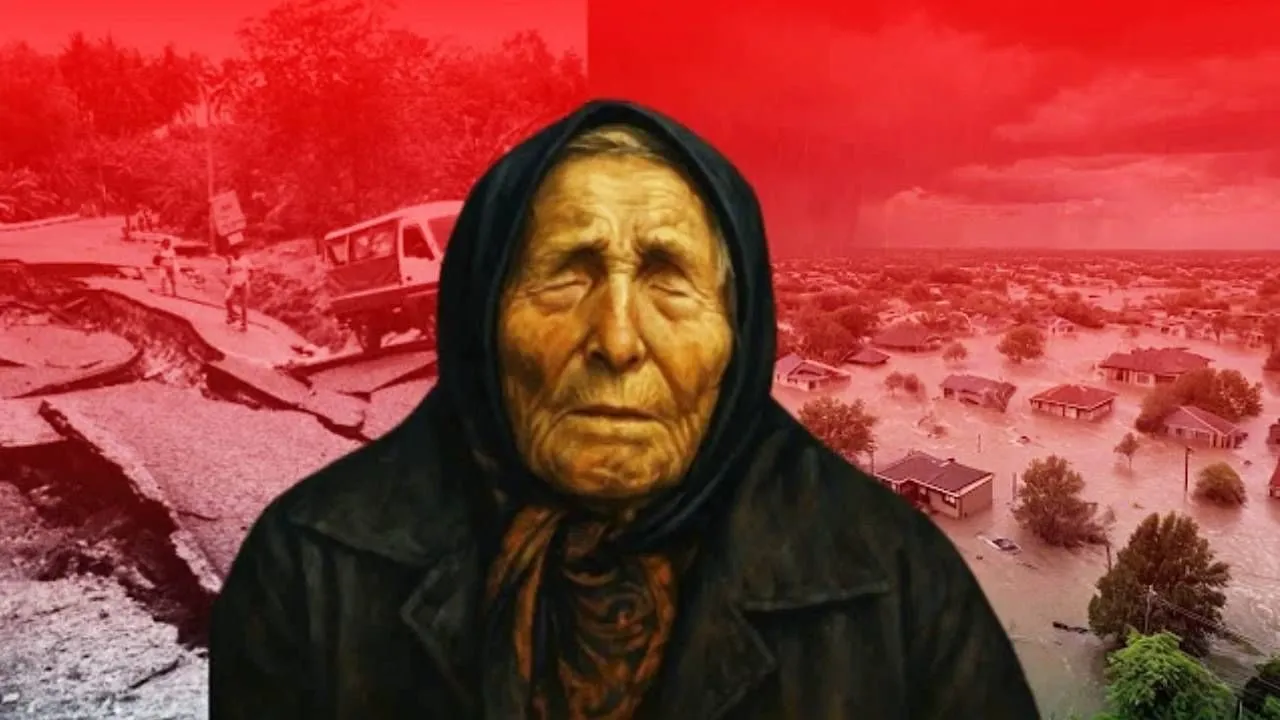
World War III and Global Leadership
Among Vanga’s most chilling predictions is the onset of World War III in 2025, which she claimed would stem from a European conflict and potentially engulf the world. Some interpretations suggest she foresaw Russian President Vladimir Putin emerging as a dominant global leader, with Russia playing a pivotal role in global affairs. This prophecy has sparked fear, particularly in light of ongoing conflicts in Ukraine and rising tensions in regions like Taiwan and the Middle East. While no concrete evidence supports the imminent outbreak of a global war, the alignment of Vanga’s predictions with current geopolitical unrest has heightened public concern.
Skeptics argue that Vanga’s predictions about World War III are vague and lack specificity, making them prone to misinterpretation. However, her followers point to her track record, including accurate forecasts of past conflicts like World War II, as evidence of her prophetic abilities. The mention of Putin’s rise as a global leader has also drawn attention, with some linking it to Russia’s growing influence despite economic sanctions and international isolation.
Islam Rule and Human Extinction
Vanga’s predictions extend beyond 2025, with controversial claims about Europe coming under Islamic rule by 2043 and the eventual extinction of humanity by 5079. These forecasts have stirred significant debate, with critics arguing that they reflect cultural biases rather than prophetic insight. The prediction of Islamic governance in Europe is particularly contentious, given the continent’s diverse demographic and political landscape. While some see it as a warning of demographic shifts, others dismiss it as speculative and inflammatory.
The notion of human extinction beginning in 2025, culminating in 5079, has also fueled doomsday theories. Vanga’s timeline suggests a series of catastrophic events-wars, economic collapse, and environmental disasters-that gradually erode human civilization. While these predictions are alarming, they lack verifiable details, leading experts to caution against taking them at face value. The psychological appeal of such prophecies, however, lies in humanity’s tendency to find patterns in uncertain times, a phenomenon that amplifies Vanga’s enduring legacy.
Skepticism and Cultural Impact
Despite the fascination with Vanga’s predictions, skepticism abounds. Critics highlight the absence of written records from Vanga herself, as her illiteracy meant her prophecies were recorded by others, often after the fact. This raises questions about their authenticity and accuracy. Psychologists suggest that confirmation bias plays a significant role in the popularity of her predictions, with believers focusing on events that align with her forecasts while ignoring those that do not. For instance, Vanga’s predictions of a major war in 2018 and severe European crises in 2016 did not materialize, casting doubt on her reliability.
Nevertheless, Vanga’s predictions continue to resonate, particularly in times of global uncertainty. Her forecasts for 2025, amplified by recent natural disasters and geopolitical tensions, have sparked widespread discussions on platforms like X, where users express both fear and intrigue. The Bulgarian mystic’s legacy endures as a symbol of humanity’s fascination with the unknown, prompting reflection on the fragile state of global stability and the potential consequences of current crises.
Comment / Reply From
No comments yet. Be the first to comment!
